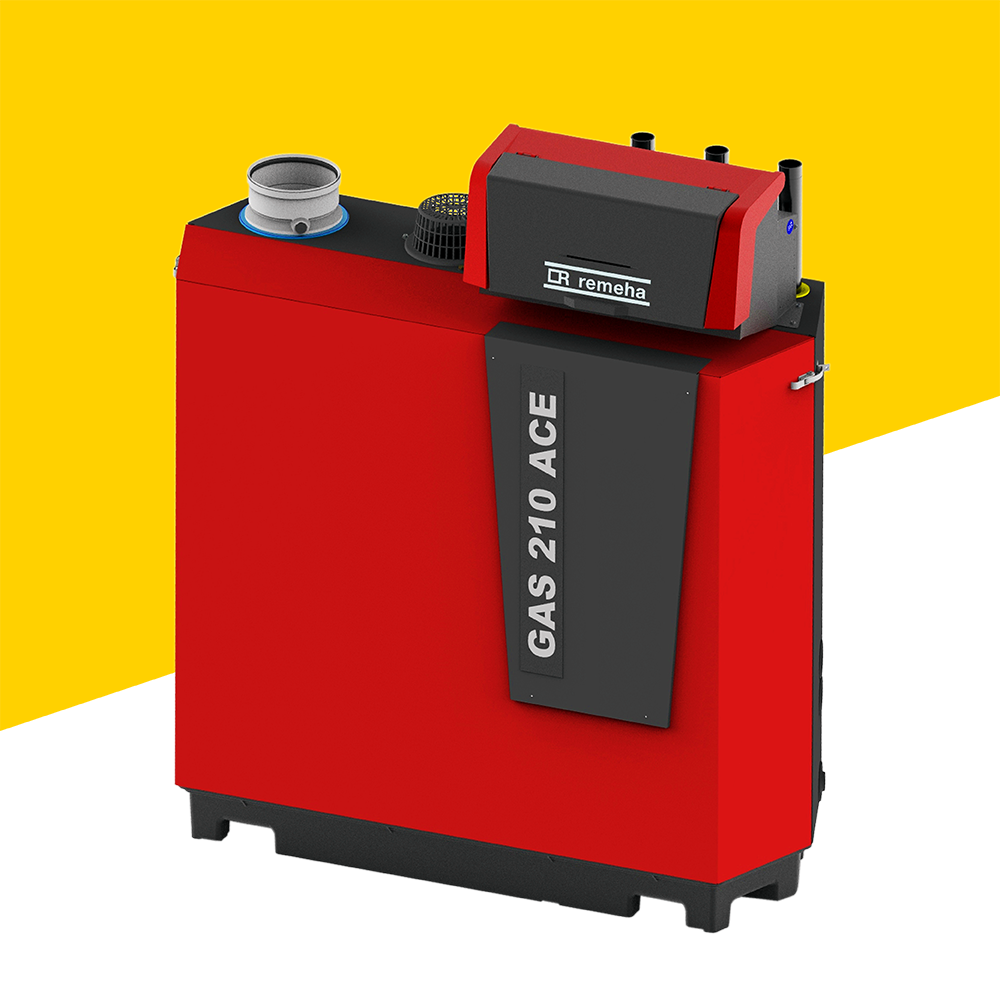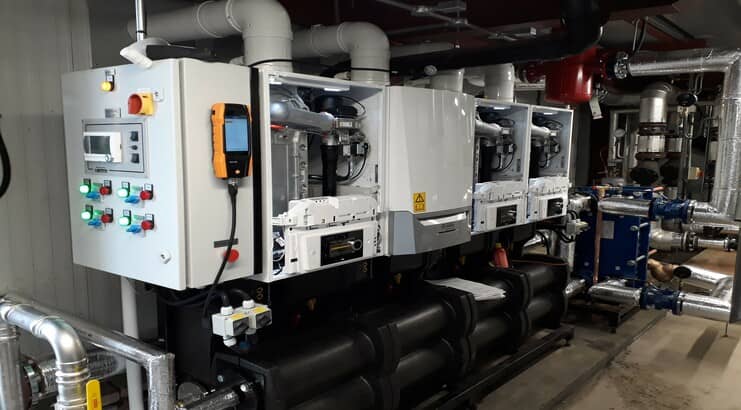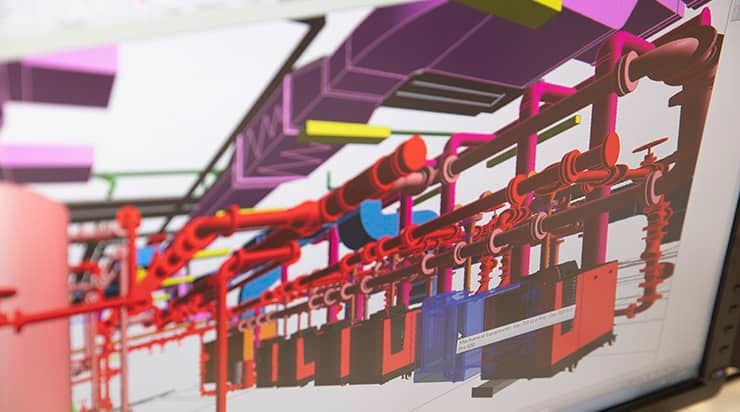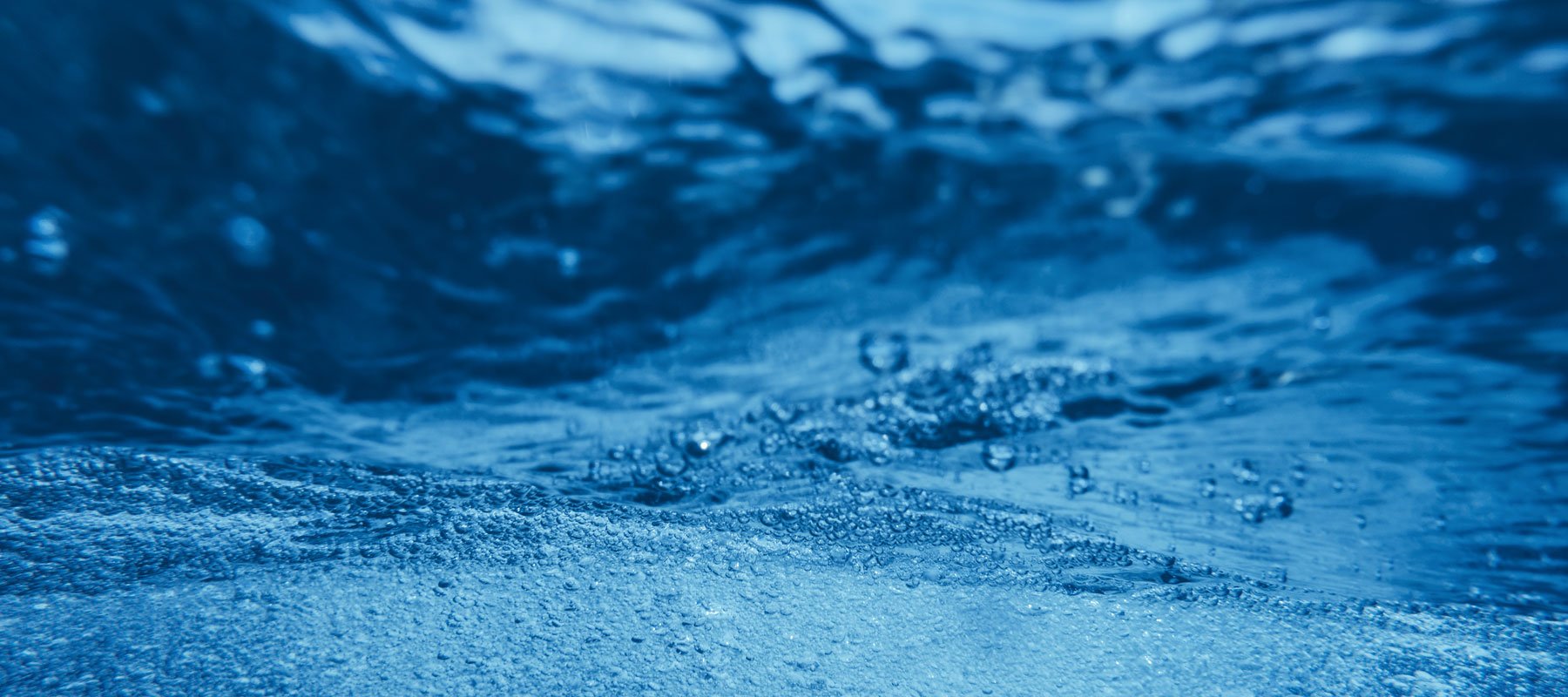
Multivalent approach to domestic hot water generation
Hotels typically have a high demand for energy due to the need to supply large volumes of hot water.
Domestic hot water (DHW) generation is a natural target for efficiency improvement in high-demand environments like hotels. The hot water usage in hotels is often characterised by extremely high peaks followed by longer periods of low demand. For example, large numbers of guests taking a shower first thing in the morning will usually be followed by very little need for hot water throughout the day. A second peak will often occur in the evening – either due to guests taking baths, or to end of service in the hotel restaurant and the cleaning down period for the kitchens.
Direct-fired water heaters
Traditionally, one of the most effective solutions to meeting the sudden peaks has been to use direct-fired condensing gas water heaters which can deliver large volumes of water in a short time to satisfy demand.
This type of system offers an efficient means of delivering a varying flow of hot water at a constant temperature to meet fluctuating demand. The benefit of this approach is that it reduces energy loss between peak periods as the system will only use energy when hot water is required.
Crucially, high-power instantaneous water heaters can deliver the required volumes of hot water with relatively small storage. Aside from the space implications, large storage volumes could present a risk of poor turnover of water and stagnation, leading to reduced water quality.
This can result in deposits clogging the system and cause corrosion which will reduce efficiency and could ultimately require a system replacement. The risk of legionella is also higher.
Water-temperature control is widely used to control the risk from legionella in hot water systems. Maintaining hot water systems at above 60ºC reduces the risk to practically zero. Indeed, units like our Andrews Water Heaters MAXXflo Evo have onboard controls that operate a legionella cycle to ensure that the whole system is brought up to pasteurisation temperature by monitoring the secondary return temperatures.
Multivalent approach to domestic hot water generation
Related Articles
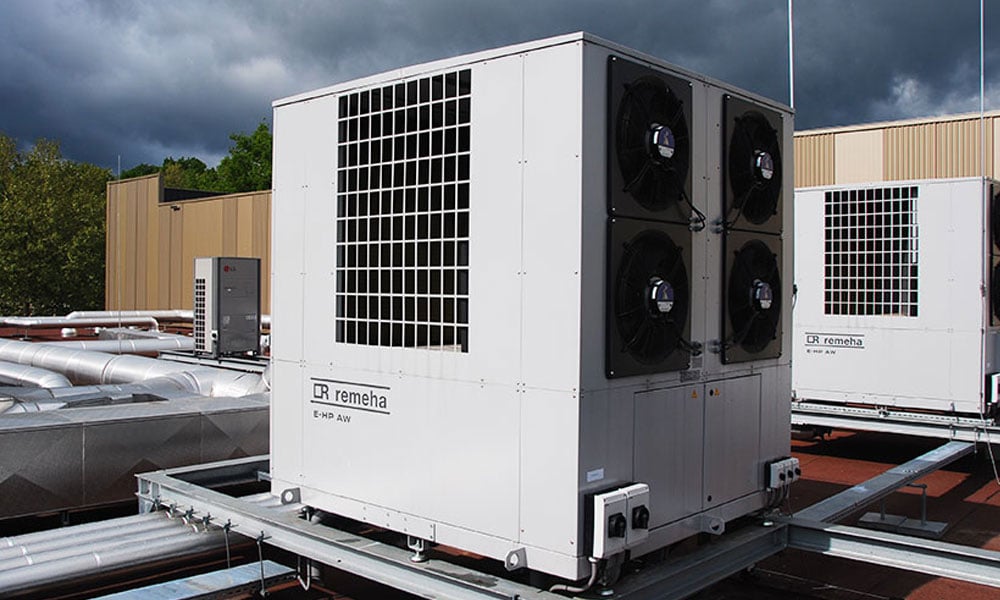
Energy Transition
Making buildings heat pump ready

Energy Transition
Preparing existing non-domestic buildings for the energy transition

Energy Transition
The Delta Difference
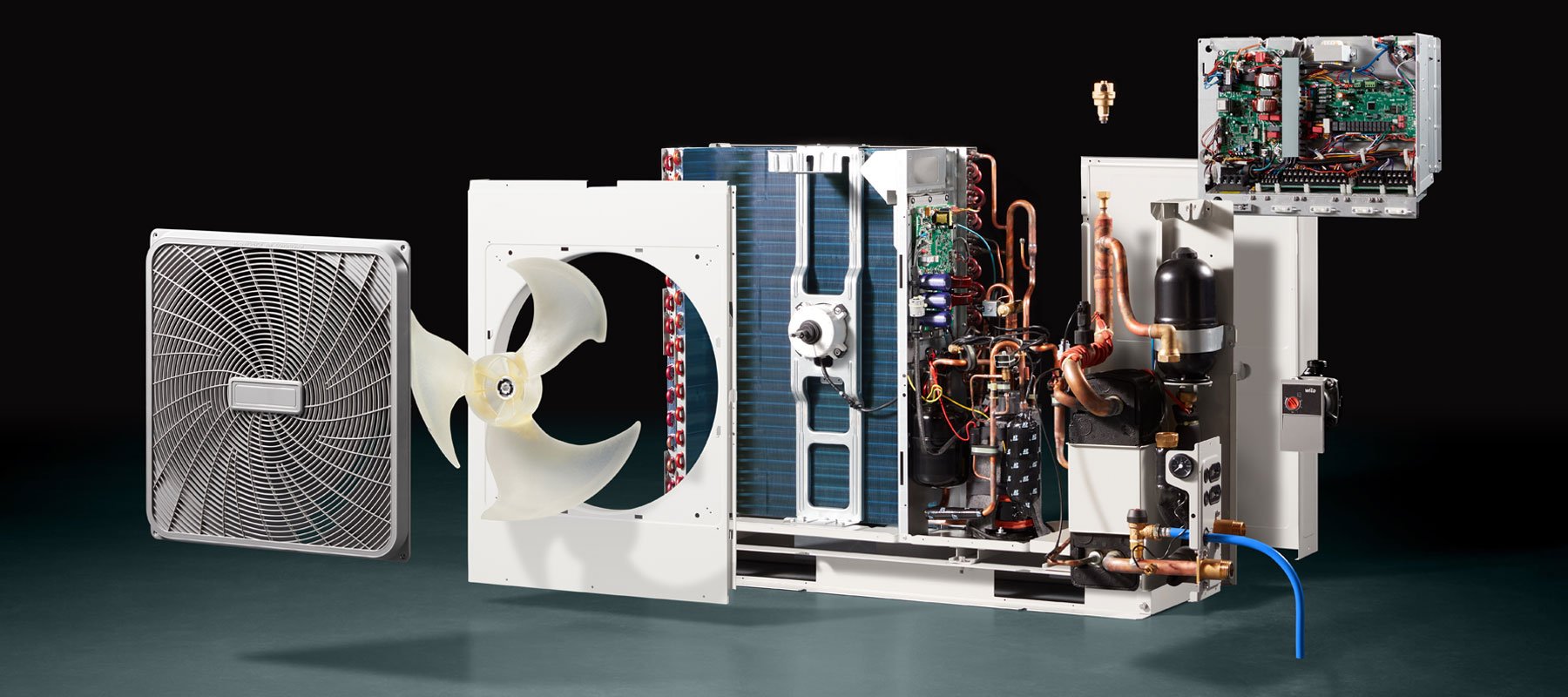
Energy Transition
Heat Pumps and Net Zero
About Remeha
Our dedicated experts and comprehensive project approach support you from concept to commission to achieve your project goals.

